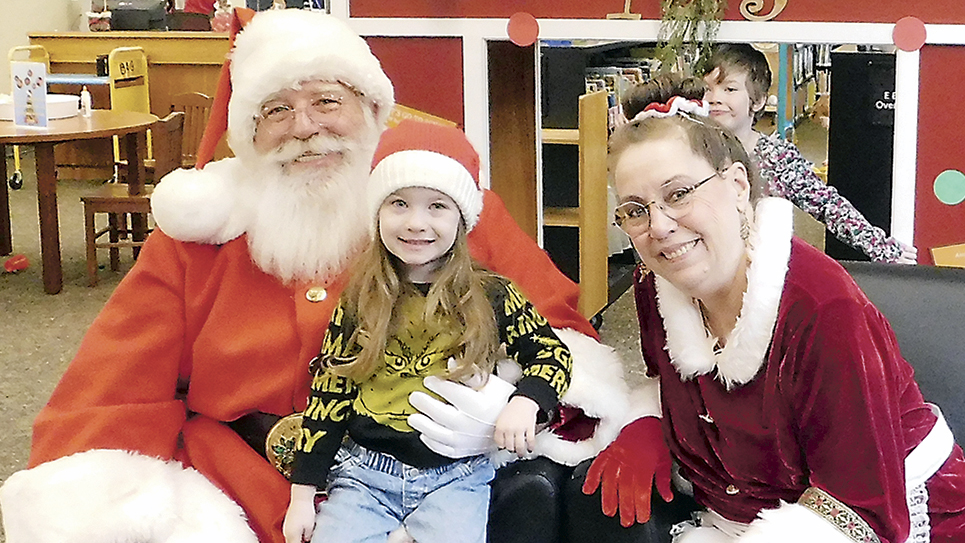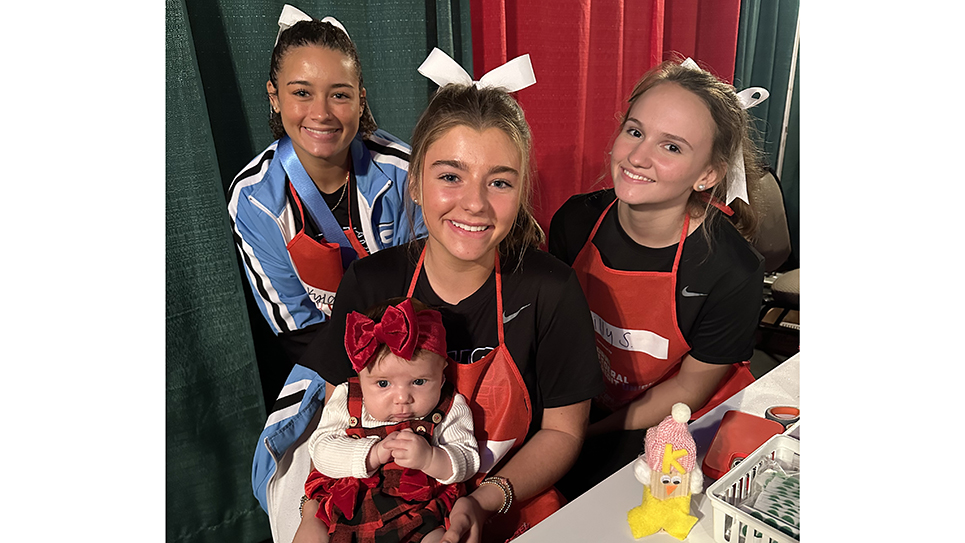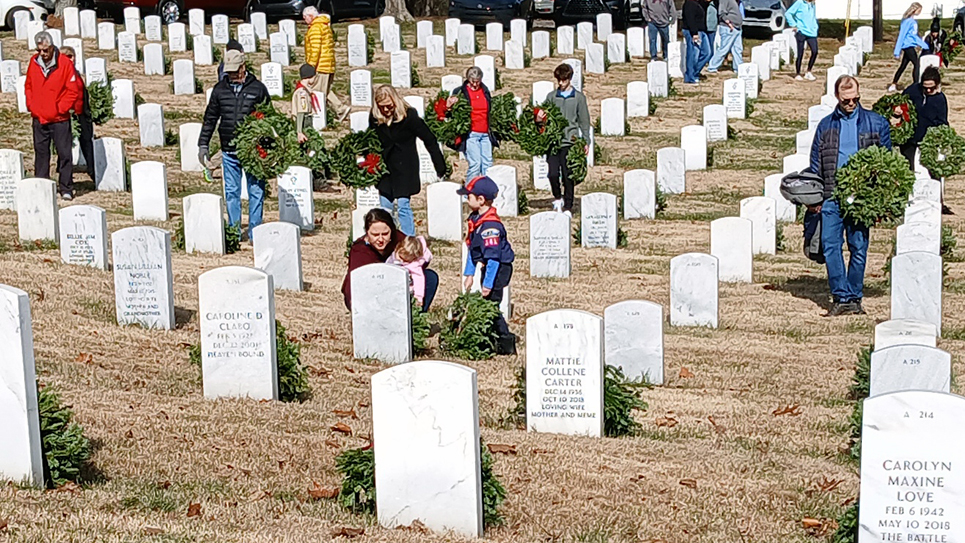In the spring of 1964, Coach Bob Dagley had just completed his first year of coaching at Gibbs High School. They started practicing basketball again with those who would make up the 1964-65 team. The coach always scrimmaged other schools, but especially liked to scrimmage Kingston. “They were in the state tournament most every year,” he said. “I knew if we could compete with them, we could have a good team.” His Eagles practiced one night and played one night each week during Knoxville’s summer basketball league, also.
The second year coach was enjoying his role at Gibbs. “Over the summer and early in the fall, I began to see those skinny players start to grow, muscle up, and become more confident,” he said. “But, one player bothered me because I felt he had a lot more to give than he was showing me. I felt that most of the players were more serious about basketball than he was.” This young coach was about to go to another level of coaching, beyond defense and diagramed plays. He cared about his players and could not bear to see this player’s talent go untapped. “One day after the others had gone to shower, I kept him on the court to talk to him,” Dagley said. “I told him that we had a chance to have a real good ball club, but he was one of the keys to it. If he continued like he was, we would only have an average team. But, if he would put his best effort into it, we would have a real good team,” the coach added.
“I don’t recall that he ever said a word, but just looked down,” Dagley remembers. “I noticed tears coming in his eyes. I reassured him of how important he was to the success of the team. That player was a senior forward, David Widner.”
I remembered watching Widner play and was anxious to talk to him. I called No. 24. “What kind of coach was Dagley?” I asked him.
“Serious,” he replied.
The description fit Dagley, but I always thought Widner had the serious look of a competitor, too.
“I don’t ever recall having to get after him again for his lack of effort.” Dagley said. “Just overnight I could see how aggressive he was becoming, especially in rebounding. He believed that every rebound belonged to him and he fought for it. You cannot find fault with a player for being that aggressive in rebounding.” Many times, when the outside shots from his teammates did not go in, David was good at tipping them in—all to the delight of Eagles’ fans!
“We did our best,” Widner told me. It is a reoccurring theme from every player I talk to: they worked hard for their beloved coach. While Widner’s competitive spirit certainly pleased Dagley, the coach had a problem.
(Next week continues with Part II. This is No. 12 in the series about the Gibbs Eagles’ amazing 1964-65 season.)






